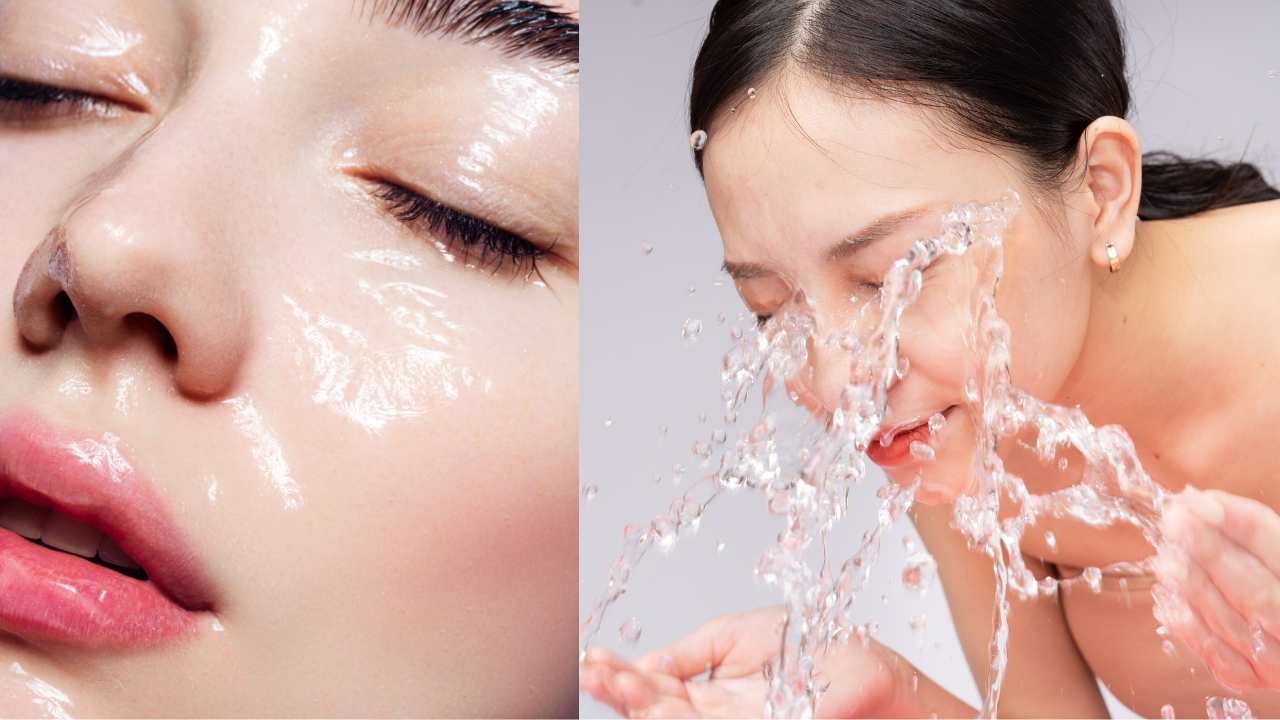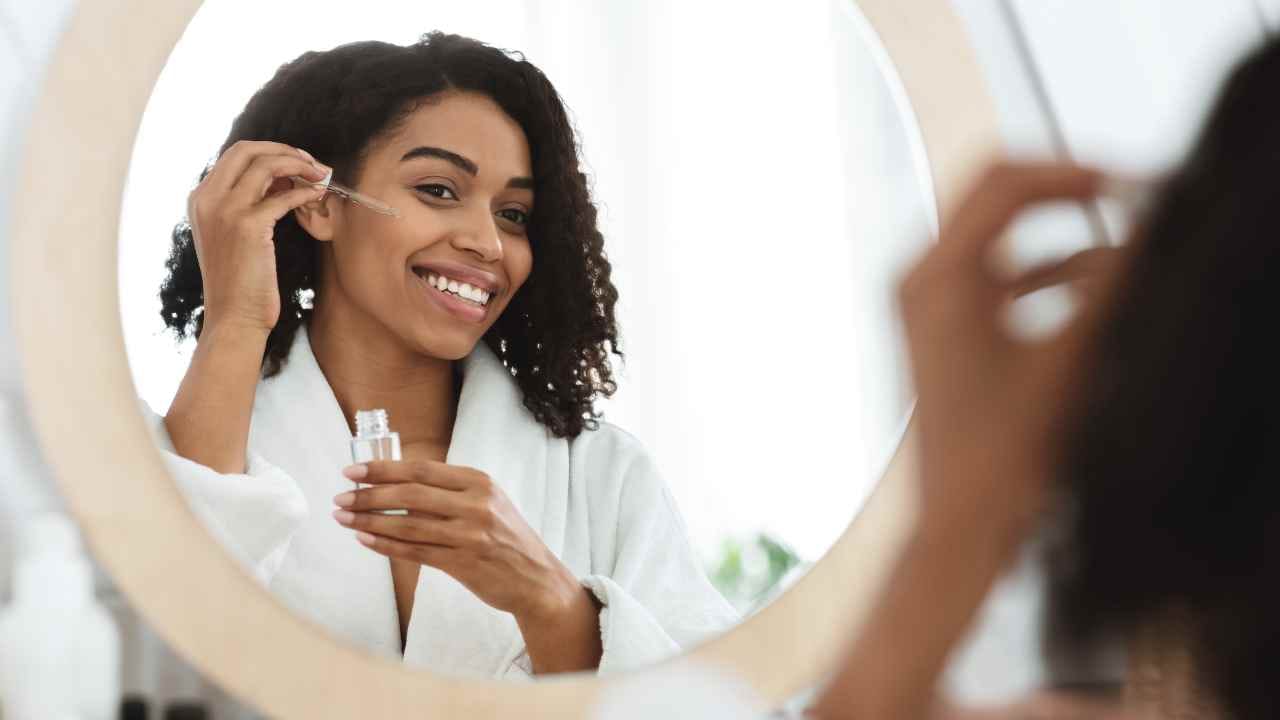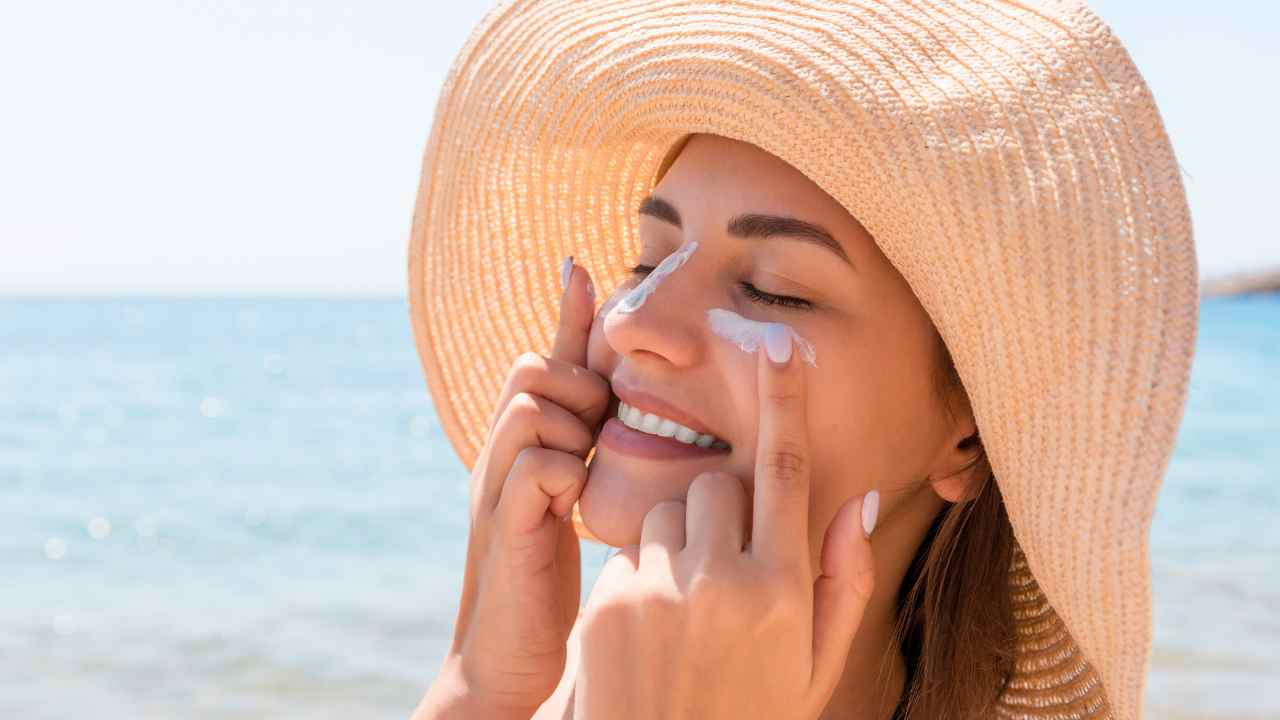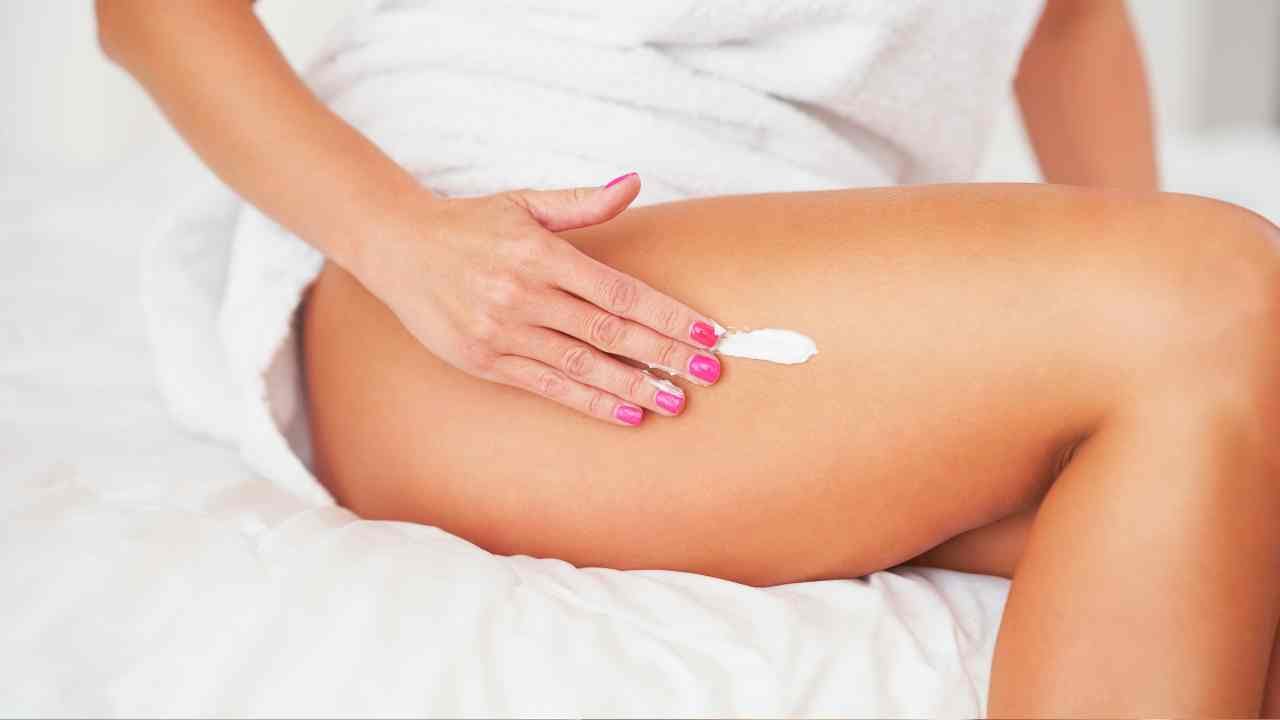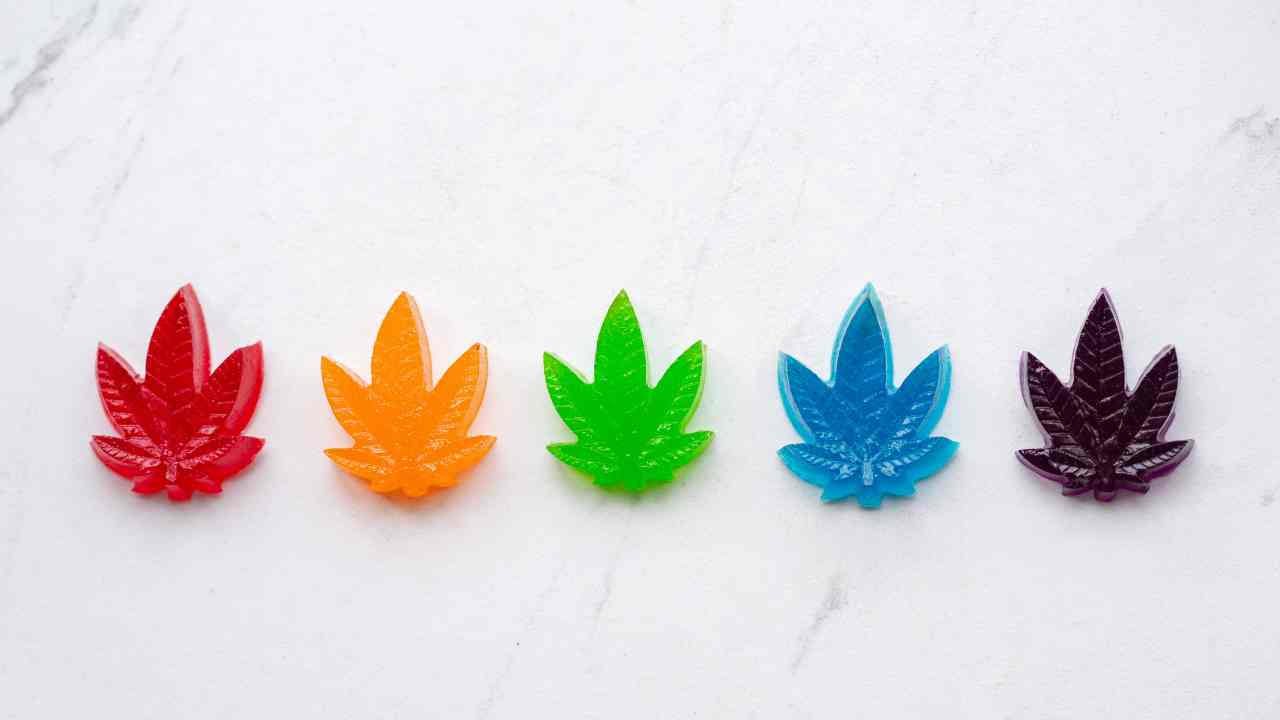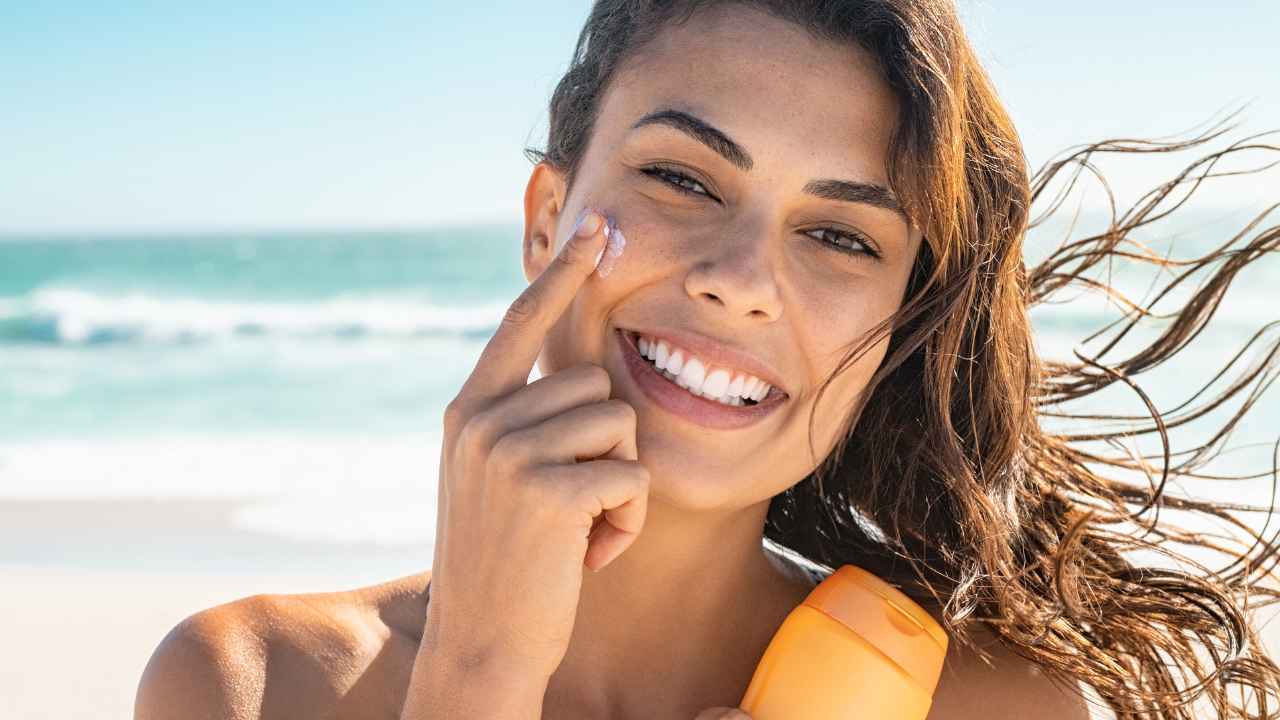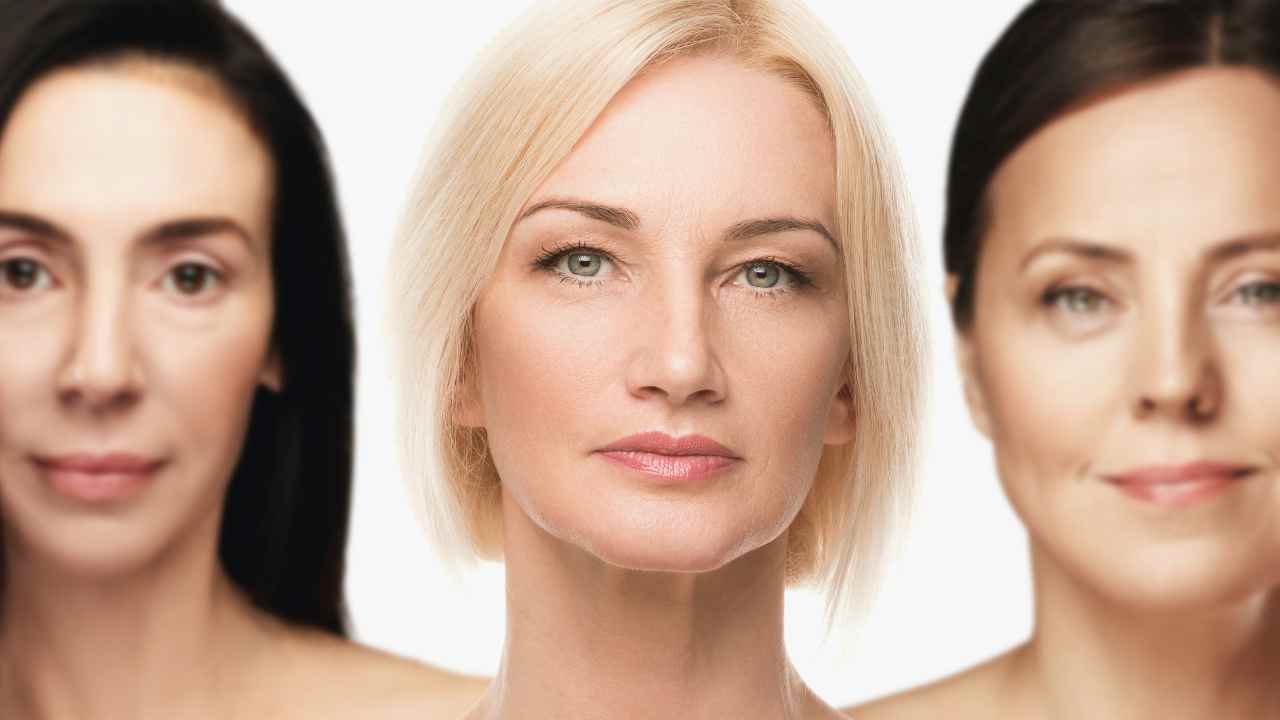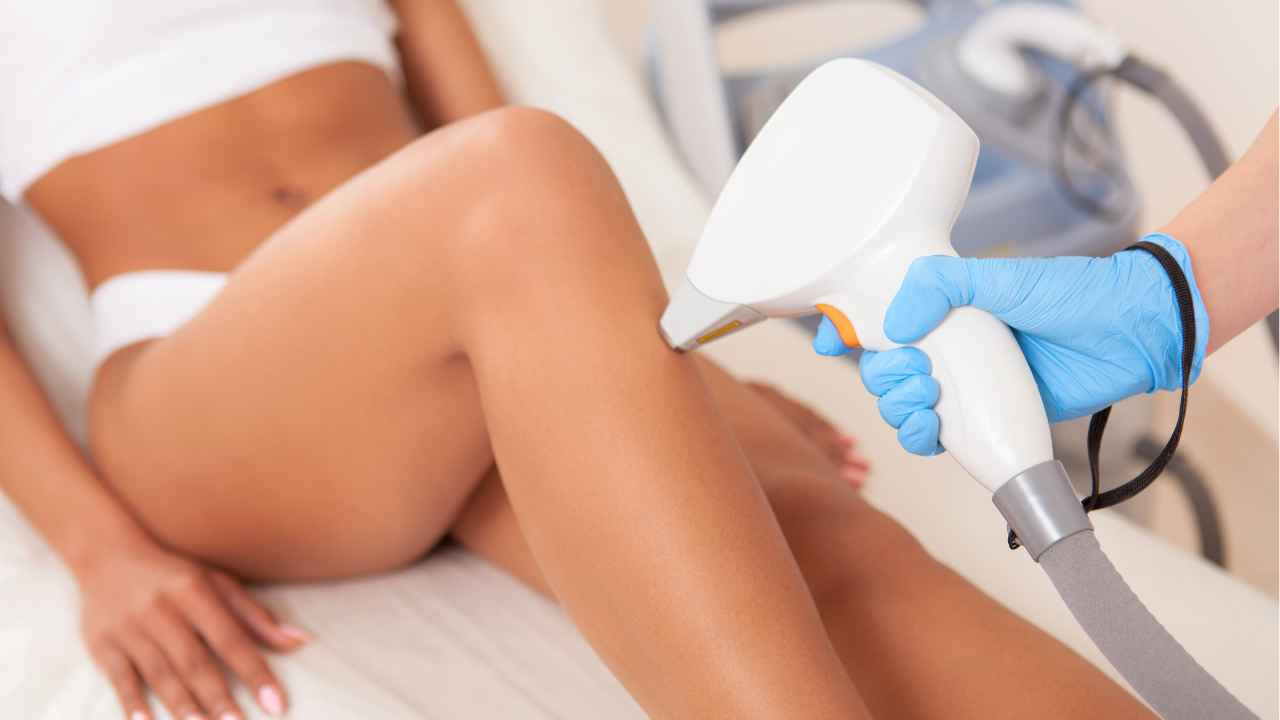
Sun-Kissed or Sun-Dissed? Does Self Tanner Age Your Skin?
We all crave that sun-kissed glow, but the sun's harmful UV rays have made many of us turn to self-tanners as a safer alternative. But here's the burning question: Does self-tanner age your skin?
In this article, we'll peel back the layers of this beauty mystery to reveal the truth about self-tanners, their impact on your skin, and how to maintain a youthful radiance while sporting that faux glow.
The Dark Side of the Sun: UV Damage
Before we delve into the fascinating world of self-tanners, it's important to fully grasp the detrimental effects of sun exposure on aging skin.
Prolonged exposure to harmful UV radiation plays a significant role in accelerating the aging process. This can manifest as the appearance of fine lines, wrinkles, age spots, and an increased susceptibility to skin cancer.
UV rays have the ability to penetrate deep into the skin, where they wreak havoc by breaking down the essential collagen and elastin fibers.
This results in the unfortunate consequences of sagging skin and a loss of firmness, ultimately compromising the youthful appearance we all strive for.
The Savior in a Bottle
Self tanning agents, also known as sunless tanners, are a wonderful option for achieving a sun-kissed complexion without exposing your skin to harmful UV rays.
These convenient products contain special ingredients like dihydroxyacetone (DHA), which interact with the amino acids in the outermost layer of your skin. This chemical reaction results in the development of a natural-looking tan that beautifully enhances your appearance.
A fake tan is more than just a golden glow—it's a boost of confidence and radiance that leaves you feeling like a bronzed goddess.
So, whether you're looking to add a touch of warmth to your skin for a special occasion or simply want to embrace a sun-kissed look all year round, self-tanners are the perfect solution. Say goodbye to sunburns and hello to a flawless and healthy-looking tan!
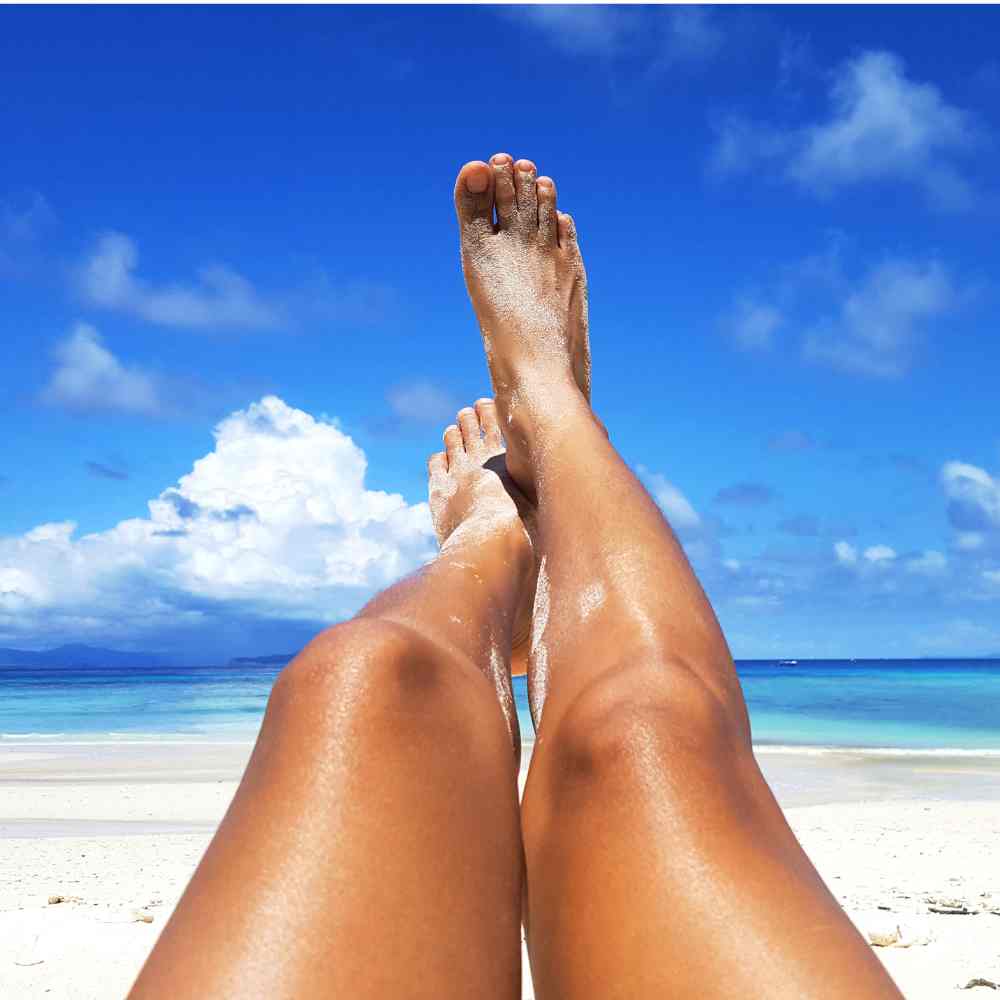
The Myth of Skin Aging
Dihydroxyacetone (DHA) does not age skin. DHA is a colorless sugar molecule that enhances the body's amount of brown melanin pigmentation, producing a temporary bronzing effect when applied topically to the skin.
It has been Food and Drug Administration (FDA) approved for over 20 years as an ingredient used in sunless tanners and other cosmetic products. Studies have found it to be safe and without any long-term damage to human skin or negative effects on human health.
In addition, DHA doesn't penetrate beyond the outermost layers of the epidermis so it won't affect cells that produce collagen and elastin - essential components for healthy, youthful skin!
Self-tanners can be a safer alternative to sunbathing or using tanning beds, which expose your skin to harmful UV radiation.
By avoiding these sources of UV radiation, you're protecting your skin from some of the most significant contributors to premature aging, such as the breakdown of collagen and the formation of wrinkles and age spots.
So not only do these products give you a sun-kissed glow without the sun damage, but they also help maintain a youthful appearance in the long run.
The Catch: Maintenance Matters
While self-tanners won't age your skin, the key to achieving a flawless tan lies in their careful application and proper maintenance.
When applying self tanning products, it's important to ensure an even application, avoid product buildup, and exfoliate thoroughly before tanning to achieve optimal results.
Neglecting these steps may result in undesired outcomes such as dark patches, streaks, and splotches, which can inadvertently make your skin appear older instead of youthful and radiant.
Taking the time to follow these steps diligently will help you achieve a natural-looking and youthful glow.
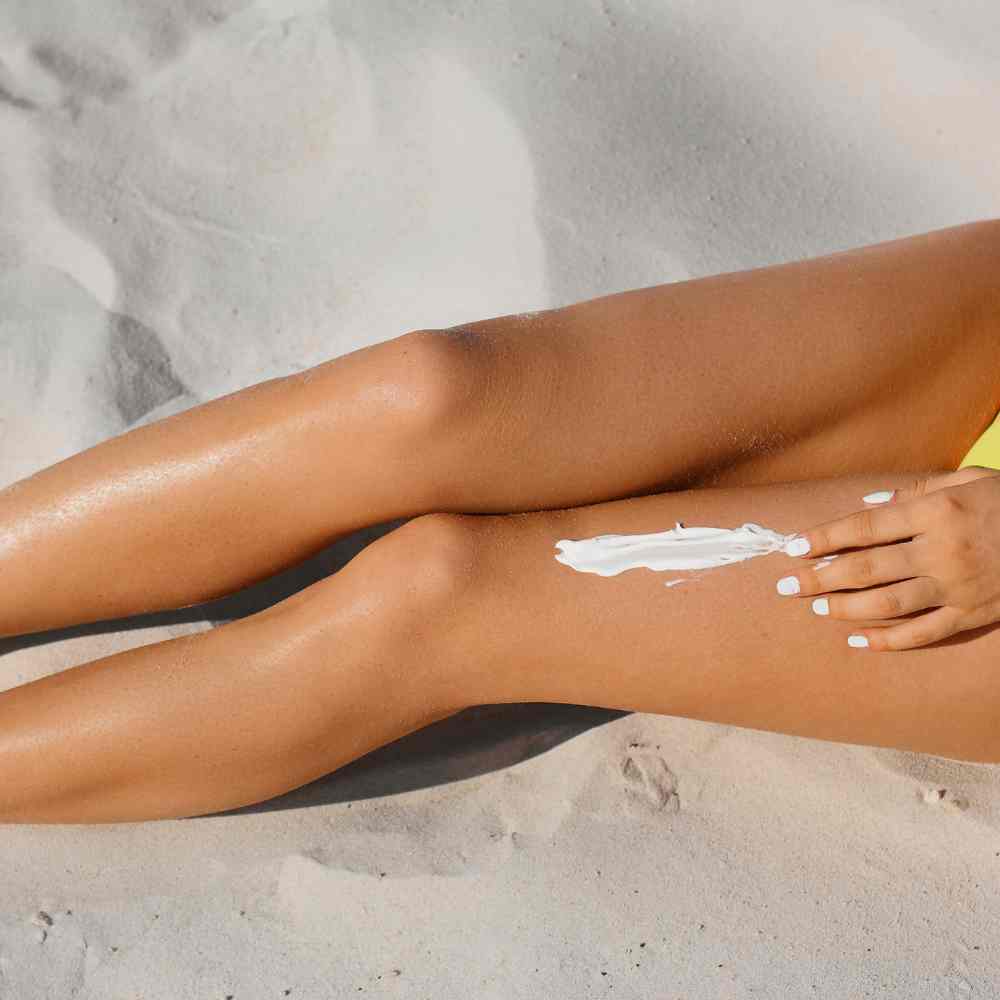
Tips for Youthful Self-Tanning
- Prep Your Canvas: Before applying self-tanner, remove all makeup then exfoliate your skin to remove dead cells and create a smooth surface. This step is crucial as it helps the self-tanner adhere better to your skin, resulting in a more even and long-lasting tan. You can use a gentle scrub or exfoliating gloves to gently buff away any roughness.
- Moisturize: Apply a light, oil-free moisturizer to areas with dry skin, like elbows and knees, to prevent uneven color absorption. Dry skin tends to absorb more self-tanner, which can lead to darker patches or streaks. By moisturizing these areas beforehand, you create a barrier that helps the self-tanner distribute more evenly.
- Glove Up: When you apply self tanner use a tanning mitt or gloves to ensure an even application and protect your hands from staining. Applying self-tanner with bare hands can result in uneven color and orange palms. A tanning mitt or gloves provide a smooth surface for application and prevent any unwanted discoloration on your hands.
- Choose Wisely: Opt for high-quality self-tanning products from reputable brands or a spray tan from a professional salon. Cheap alternatives may contain harsh chemicals that can be less kind to your skin. Investing in a good self-tanner not only ensures a more natural-looking tan but also reduces the risk of skin irritations or allergic reactions. Look for products that are formulated with skin-nourishing ingredients and have positive customer reviews.
- Maintain and Refresh: To keep your tan looking fresh and youthful, exfoliate gently every few days to prevent patchiness and uneven fading. Reapply self-tanner as needed. Adding regular exfoliation to your skin care routine helps to remove dead skin cells that can cause your tan to fade unevenly. Additionally, if you notice any areas that need touch-ups or want to deepen your tan, you can reapply self-tanner to those specific areas.
- Hydrate: Keeping your skin well-hydrated with a good moisturizer can help maintain your tan and the overall health of your skin. Hydrated skin tends to hold onto tans better and appear more radiant. Choose a moisturizer that is suitable for your skin type and apply it daily to keep your skin nourished and glowing.
The Verdict: Self-Tanners & Aging
In the grand scheme of things, self-tanners and spray tans are more than just your skin's ally in the battle against premature aging caused by UV exposure. With their carefully formulated ingredients and advanced technology, these products offer a multi-faceted approach to skincare.
By providing a natural-looking tan, self-tanners not only help you achieve a youthful, sun-kissed look, but also boost your confidence. They allow you to confidently show off your radiant complexion without the harmful effects of the sun.
Moreover, self-tanners offer a convenient and time-saving alternative to traditional tanning methods. You can effortlessly apply them at home, avoiding the need for lengthy sunbathing sessions or visits to tanning salons.
So, as long as you use self tanner correctly and maintain your faux glow with care, you can enjoy the benefits of a youthful appearance while protecting your skin from the aging effects of UV exposure. Embrace the glow and age gracefully with the help of self-tanners!



